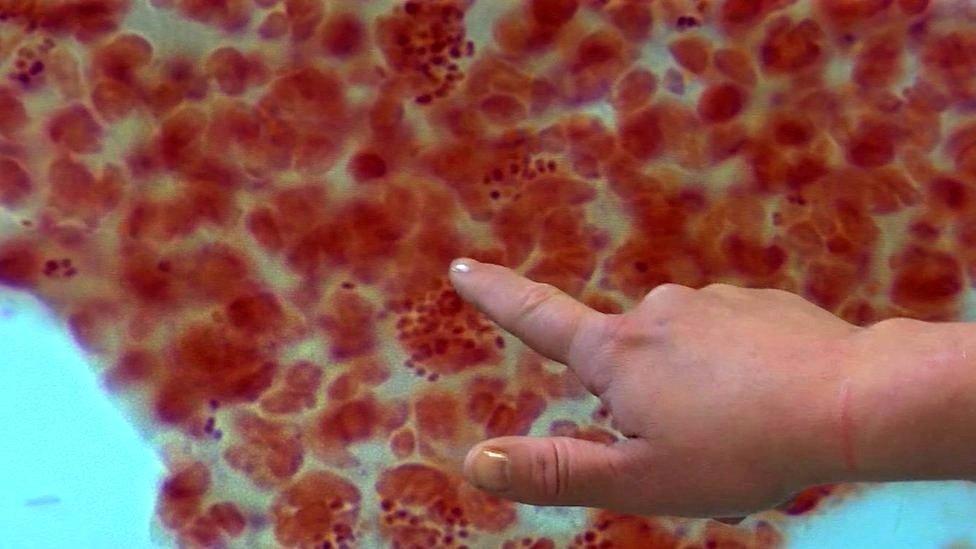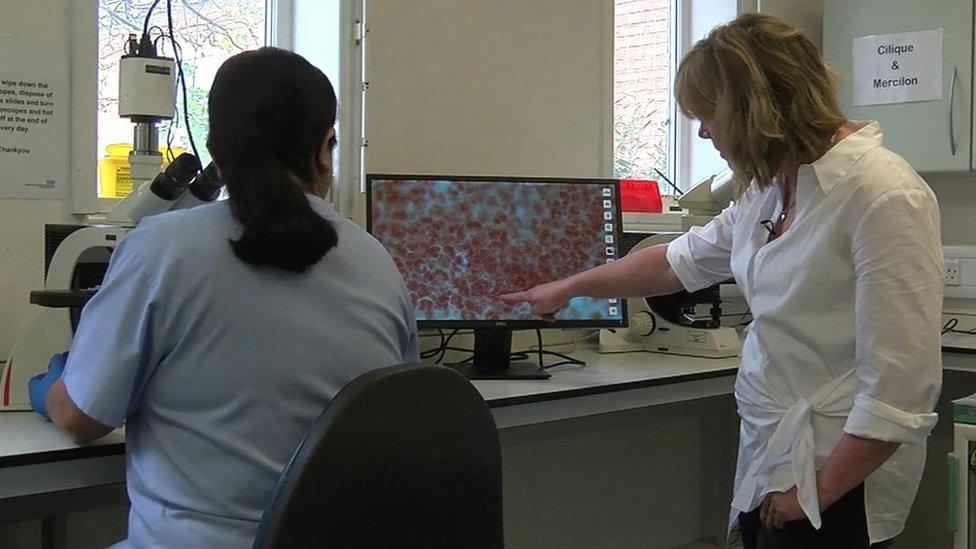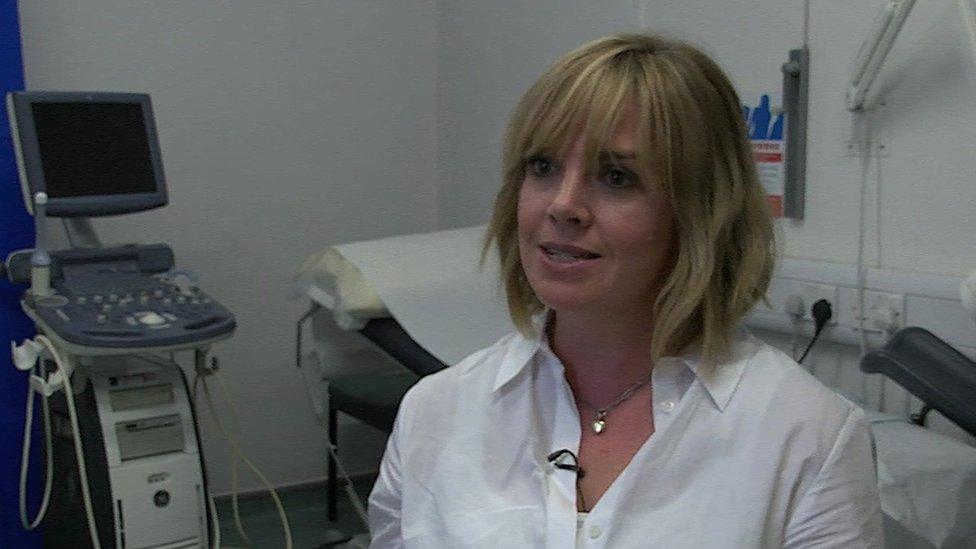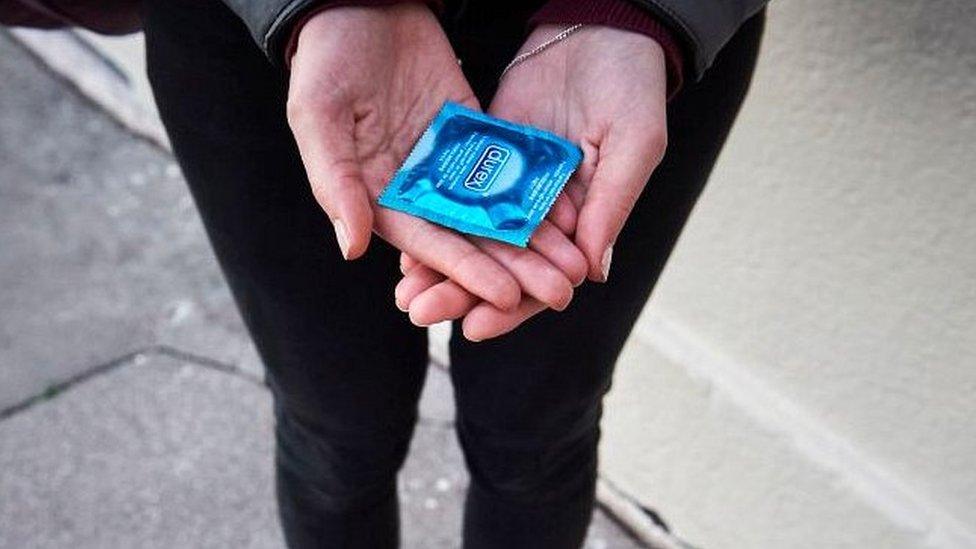Oxford Brookes University boosts sexually transmitted infection tests
- Published

In 2022, gonorrhoea diagnoses in the UK were the highest on record
A university is expanding access to sexually transmitted infection tests, following record levels of gonorrhoea nationwide.
Oxford Brookes University will provide on-campus screening with clinicians each semester in this academic year.
Cases of the infection in the UK have soared, with 15 to 24-year-olds most likely to be affected.
Students are advised to use condoms and get a free test before having sex with a new partner.

Oxford Brookes student Archie said the university provided "support through testing
The NHS said many people do not show symptoms, external of gonorrhoea, meaning they pass on the infection during sex without realising it.
A campaign run by Oxford Brookes Students' Union and the Terrance Higgins Trust, is aimed at improving sexual health and wellbeing on campus by providing free condoms and pregnancy kits.
It includes three free testing sessions each semester through the academic year.
Union president Jacob Callicott, said: "A key concern for students coming to university is they don't feel supported and they may not have had access to sexual health clinics.
"We're really trying to bridge that gap providing that safe, comfortable space where they can get tested on campus and learn a bit more about sexual health."

There were 82,592 diagnosed cases of gonorrhoea in 2022
Archie, 20, a first-year student at Oxford Brookes said: "Since we've been here it's definitely been shared a lot, explained to us where to go where to get support - so personally I think it's good," he said.
Reports of gonorrhoea have soared since the pandemic, with 2022 seeing a 50% rise in cases from 2021 according to the UK Health Security Agency (UKHSA).
Health experts said the increase in STIs had been driven by reduced testing during lockdowns and more social mixing since the pandemic.

Sexual health expert Dr Emily Lord said there was growing demand for STI testing services
Dr Emily Lord, a sexual health consultant at Churchill Hospital in Oxford said testing rates were still not back to pre-pandemic levels.
"We have a postal kit system where we send out about 2,000 [self-test] kits a month, as well as growing our walk-in clinics and face to face appointments.
"There's massive demand, we're running multiple clinics a day and patients are still wanting more," she added.

What is gonorrhoea and how can you get it?
The disease is caused by the bacterium Neisseria gonorrhoeae.
The infection is spread by unprotected vaginal, oral and anal sex.
Symptoms can include a thick green or yellow discharge from sexual organs, pain when urinating and bleeding between periods.
However, vaginal and rectal infections often have no symptoms.
An untreated infection can lead to infertility, pelvic inflammatory disease and can be passed on to a child during pregnancy.

Follow BBC South on Facebook, external, Twitter, external, or Instagram, external. Send your story ideas to south.newsonline@bbc.co.uk, external.
Related topics
- Published15 September 2023

- Published6 June 2023

- Published16 March 2023
